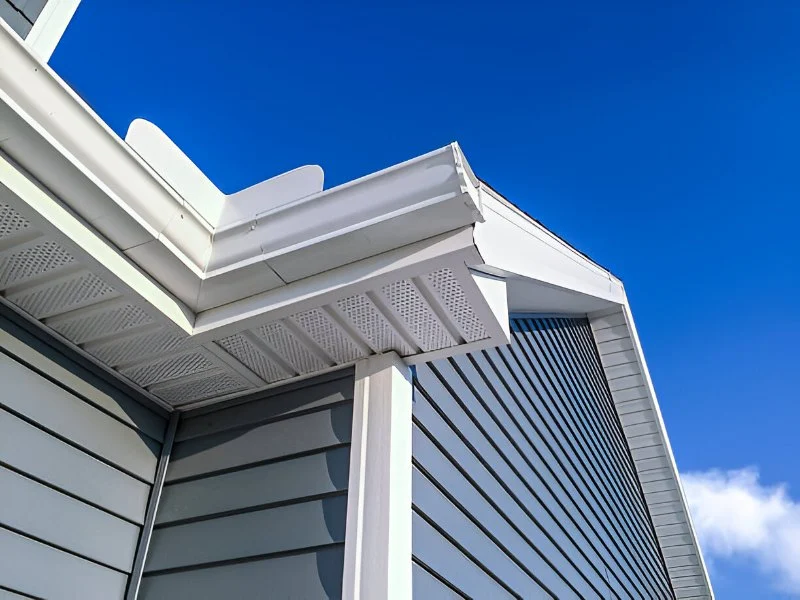
- 1-Overview of Vinyl Siding
- 2-Pros of Vinyl Siding
- 3-Cons of Vinyl Siding
- 4-Vinyl Siding Installation and Maintenance
- 5-Should You Choose Vinyl Siding?
1-Overview of Vinyl Siding
Vinyl siding is one of the most popular exterior cladding materials for homes in the United States. Known for its low maintenance and variety of colors and styles, it is a preferred choice for homeowners looking to enhance the curb appeal of their homes. But, like any building material, vinyl siding has both advantages and disadvantages. Understanding these will help you decide whether vinyl siding is right for your home. Let’s take a closer look at the pros and cons of vinyl siding, and its installation and maintenance considerations.
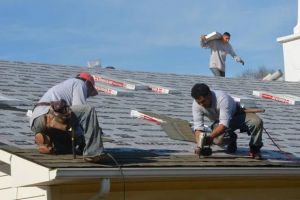
Hayes Brothers Roofers LLC
Round RockWilliamson CountyTexas
2120 S I-35 Frontage Rd, Round Rock, TX 78681, USA
2-Pros of Vinyl Siding
Vinyl siding offers several benefits that make it a popular choice for homeowners. Here are the key advantages:
- Low Maintenance: One of the most significant benefits of vinyl siding is its minimal maintenance. Unlike wood siding, which requires frequent painting, vinyl siding only needs occasional cleaning to maintain its appearance. It won’t rot, warp, or peel, making it highly durable.
- Cost-Effective: Vinyl siding is relatively inexpensive compared to other materials like wood, brick, or stone. Its affordability makes it an attractive option for those on a budget, as it provides great value for the money.
- Variety of Styles and Colors: Vinyl siding comes in a wide range of colors, textures, and styles, including traditional lap siding, shingles, and board and batten styles. This variety allows homeowners to choose an option that fits their aesthetic preferences.
- Energy Efficiency: Modern vinyl siding often comes with an insulating layer that helps improve the energy efficiency of a home. This can help reduce heating and cooling costs, providing long-term savings.
- Weather Resistance: Vinyl siding is designed to withstand harsh weather conditions, including heavy rain, snow, and wind. It resists fading and damage from UV rays, keeping its vibrant color for years.
3-Cons of Vinyl Siding
While vinyl siding has many benefits, it’s important to consider its drawbacks as well. Here are some of the disadvantages of vinyl siding:
- Susceptible to Cracking and Denting: Vinyl siding can crack or dent if struck by heavy objects or in extreme weather conditions, such as hail storms. While it is durable, it’s not immune to damage from impacts.
- Limited Lifespan Compared to Other Materials: While vinyl siding can last for many years, it typically has a shorter lifespan than other materials like brick or stone. Over time, it may need to be replaced, especially if it becomes damaged or fades.
- Environmental Impact: Vinyl siding is made from PVC (polyvinyl chloride), which is not biodegradable. The manufacturing process can also produce harmful emissions. For environmentally conscious homeowners, this may be a concern.
- May Appear Less Natural: Although vinyl siding comes in a variety of styles and textures, some people feel it lacks the authenticity and charm of natural materials like wood or stone. It can sometimes look artificial, which may not appeal to those seeking a more rustic or traditional aesthetic.
4-Vinyl Siding Installation and Maintenance
Installing vinyl siding is generally straightforward and can be done relatively quickly compared to other materials. Most homeowners choose to hire a professional installer to ensure the siding is properly fitted, although experienced DIYers may be able to handle the installation themselves.
Maintenance for vinyl siding is minimal, but it still requires periodic attention. To keep it looking its best, you should:
- Clean It Regularly: Use a mild detergent and a soft brush to clean the surface of the siding once or twice a year. This will help remove dirt, debris, and mildew.
- Check for Cracks or Damage: Periodically inspect the siding for cracks or dents. If damage is found, it’s important to replace the affected panels to prevent further issues.
- Inspect Caulking and Sealants: Ensure that caulking and sealants around windows, doors, and corners are intact to prevent water infiltration.
5-Should You Choose Vinyl Siding?
Ultimately, whether you should choose vinyl siding for your home depends on your specific needs and preferences. If you’re looking for a low-maintenance, affordable option that offers a wide variety of styles, vinyl siding is a great choice. It is especially well-suited for homeowners who want a quick and durable solution without the hassle of frequent upkeep.
However, if you prefer natural materials or are concerned about the environmental impact, you may want to consider other options such as wood, stone, or brick. Keep in mind that while vinyl siding is durable, it is not immune to damage and may need to be replaced sooner than other materials.
For those who are interested in exploring vinyl siding options, be sure to check out Total Roofing Hub for the best products, services, and recommendations on installing and maintaining vinyl siding for your home!

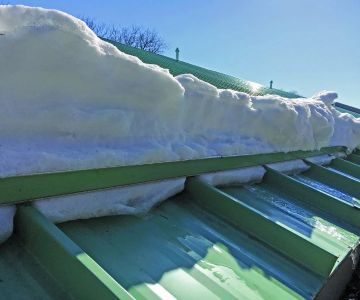
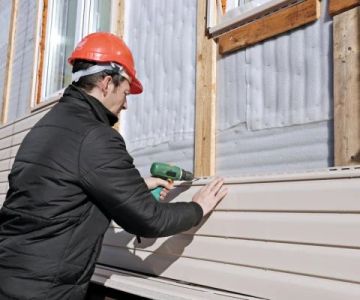
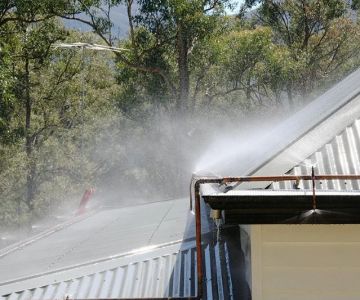
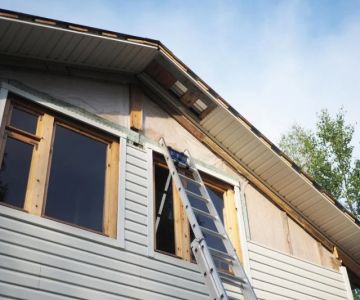
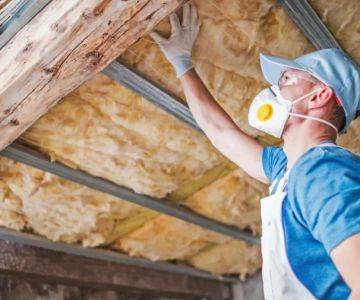
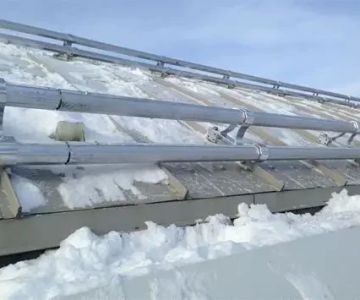
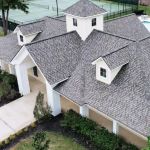 Skyline Designs Roofing5.0 (99 reviews)
Skyline Designs Roofing5.0 (99 reviews)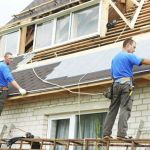 Perfect Roofing Installations4.0 (60 reviews)
Perfect Roofing Installations4.0 (60 reviews) Dog Tags Construction LLC4.0 (16 reviews)
Dog Tags Construction LLC4.0 (16 reviews)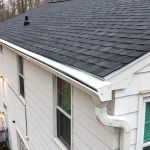 Gutter Shutter of Central Maryland5.0 (9 reviews)
Gutter Shutter of Central Maryland5.0 (9 reviews)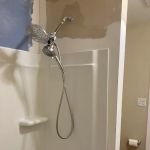 Sam Cline Handyman Services4.0 (37 reviews)
Sam Cline Handyman Services4.0 (37 reviews) Paramount Builders Inc.4.0 (302 reviews)
Paramount Builders Inc.4.0 (302 reviews)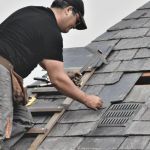 Should I Repair or Replace My Roof?
Should I Repair or Replace My Roof?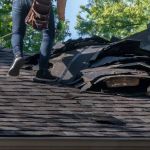 Top 10 Signs Your Roof Needs Immediate Repair Before It’s Too Late
Top 10 Signs Your Roof Needs Immediate Repair Before It’s Too Late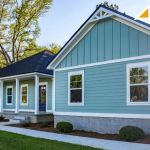 The Pros and Cons of Vinyl Siding: Is It the Right Choice for Your Home?
The Pros and Cons of Vinyl Siding: Is It the Right Choice for Your Home? How to Choose a Reliable Roofing Contractor Near You – Expert Tips
How to Choose a Reliable Roofing Contractor Near You – Expert Tips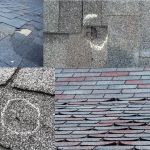 Top 10 Signs Your Roof Needs Immediate Repair You Shouldn’t Ignore
Top 10 Signs Your Roof Needs Immediate Repair You Shouldn’t Ignore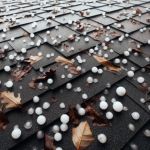 How to Spot Hail Damage on Your Roof | Quick Guide for Homeowners
How to Spot Hail Damage on Your Roof | Quick Guide for Homeowners